
We shelter children from Mozambican villages that are living in extreme poverty, most of them orphans of parents who died from HIV.
In an environment that encourages fraternal living, they receive food, health care, hygiene guidance, pedagogical support, and recreational and cultural incentive.

The children attend the Community center when they are not at school. Many were only enrolled in school after they entered the project. Before, they had to work to feed themselves.
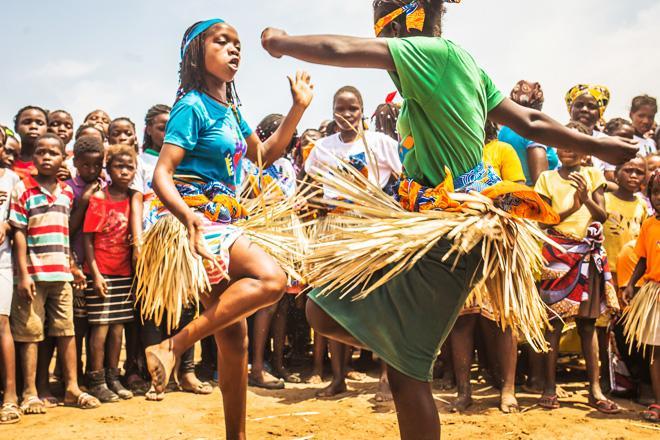
Dance and music are strong expressions of African culture. In the community centers, we encourage art as a source of joy for life. Children and young people form groups, rehearse choreographies, sing and perform, spreading their joy to everyone in moments of welcoming and celebration.
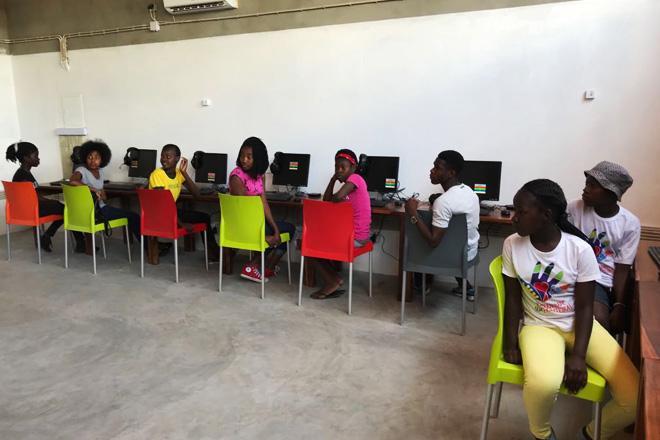
The first children who came to the project are teenagers today and they continue being sheltered by FWB.
The sponsors give them the opportunity to continue their studies -In the villages, they have the chance to study only up to 6th grade. Young people receive assistance for transportation to the city, School enrollment and school supplies. Especiosa Marge is one of the first children sheltered and today she is a student at the University.
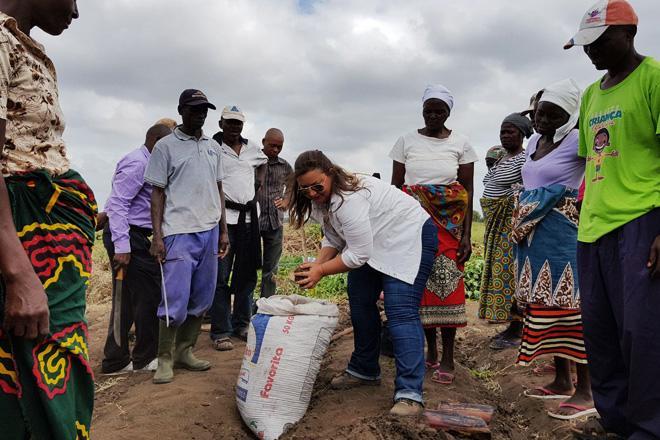
In the community centers, young people also participate in vocational courses. They learn how to cultivate the land, make handicrafts with local material, sewing skills, Batik (fabric painting) and others. Thus, they are gaining self-esteem, confident in a brighter future.
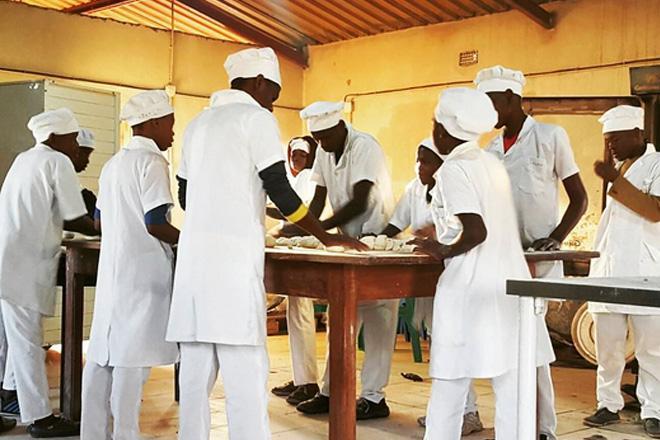
With the help of supporters, we have set up a bakery in our sheltering center at Muzumia village. The initiative generated work for adults and gave the community access to bread for a lower value and at closer distance.
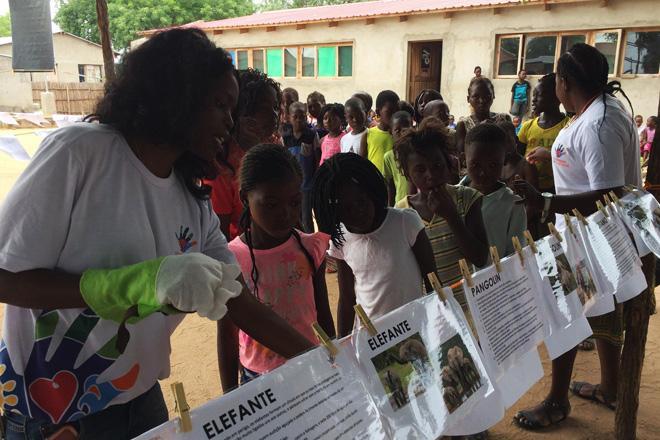
FWB hired local workers to attend the need of cooks, social educators, administrative assistants and many other fuctions in the community centers. Some people in the community are temporarily hired to work at the sheltering centers.
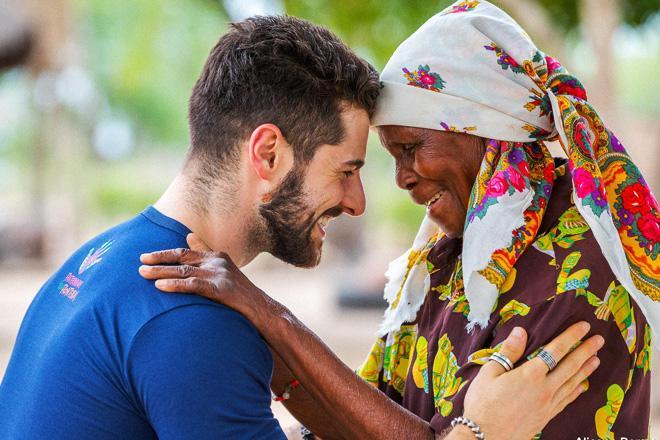
Many elderly people from Mozambique live alone and have locomotion difficulty. We support them by building new houses and getting young people, welcomed by FWB, to bring food for grandpas and grandmas who can not walk.
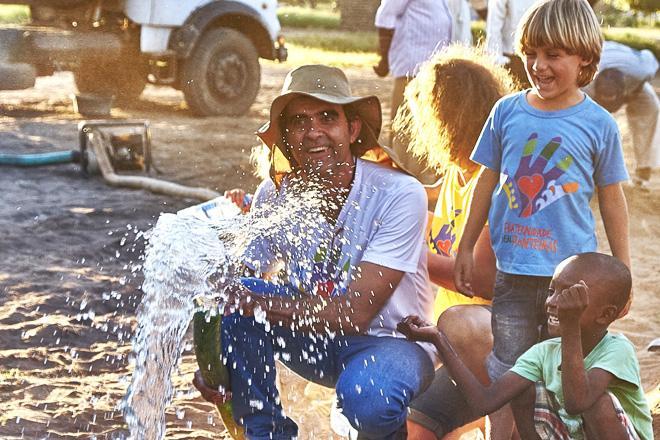
We drill deep artesian wells, trespassing rock layers, to offer plentiful and clean water to the community of the villages. Mothers with little children on their backs walked miles to the dry riverbanks, to dig small wells and take a few liters of undrinkable water to try to meet the family's needs.
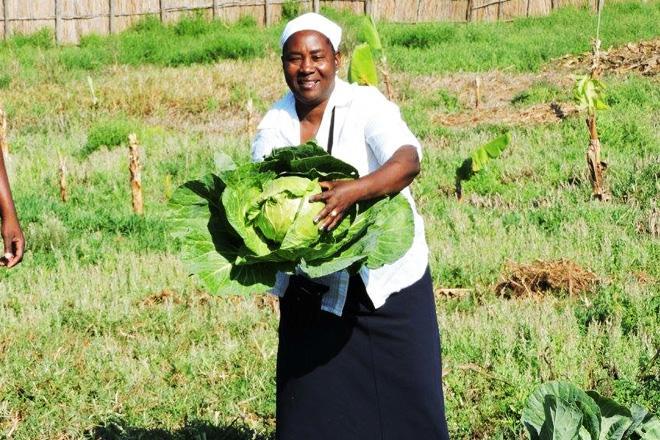
The access to water allowed the beginning of the agro-ecological production, aiming the project's food self-sufficiency. At the sheltering center of Muzumuia, the sustainable cultivation practice, in the pilot phase, already gives the first fruits and the harvest goes to the children's diets. Young people, children of farmers, learn to produce by taking advantage of natural resources, and children participate in environmental education activities.
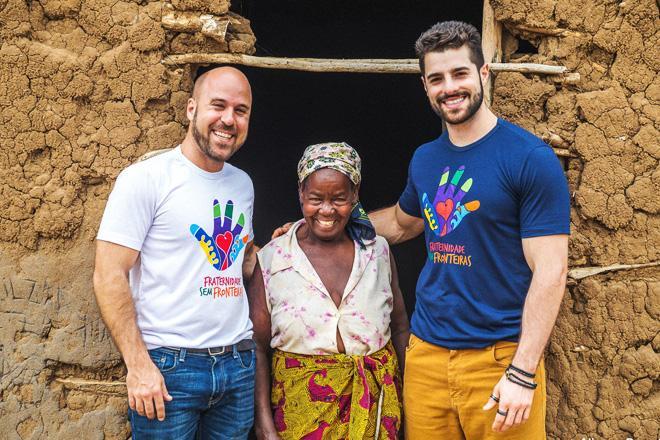
Fraternity Without Borders organizes humanitarian missions for sponsors of the cause, who pay for their own expenses and go to Mozambique, in Africa, to personally get to know the humanitarian work that is being done by FWB. They are doctors, dentists, educators, artists, self-employed professionals – volunteers who gather to know the reality in Africa and help sheltering families.

We maintain 24 sheltering centers in the villages of Mozambique located within an area of 700 kilometers, going from Barragem, near Maputo, to Chicualacuala on the border with Zimbabwe.
In Muzumuia village, we implement the model structure for the community centers. There is a kitchen, classrooms, bathrooms, bakery and rooms for vocational courses.
The goal is to use the same structure at all community centers. In some units, we still need kitchens, bathrooms, and rooms, to provide suitable and better conditions for workers and sheltered children.
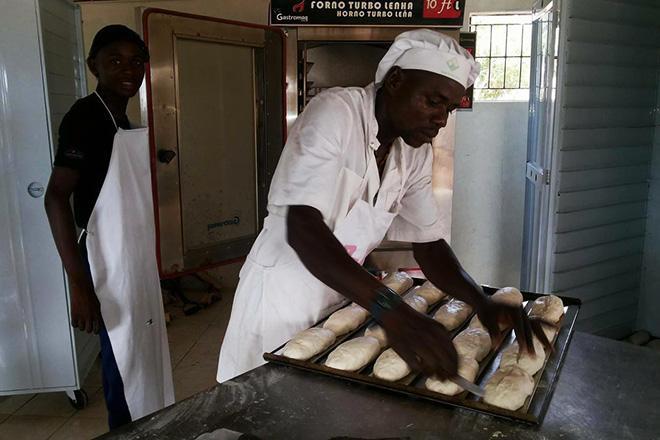
At the model unit, in Muzumuia, pilot projects are developed with the possibility of being extended to the other community centers.
Among the pilot actions there are flute classes, capoeira classes, and distance learning, which are a result of voluenteer iniciatives.
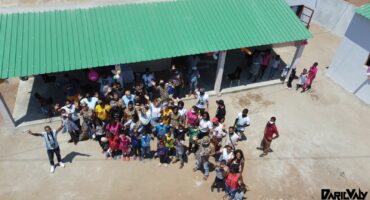 Read more +30 September 2021 in Campanha, Moçambique, Notícias
Read more +30 September 2021 in Campanha, Moçambique, Notícias